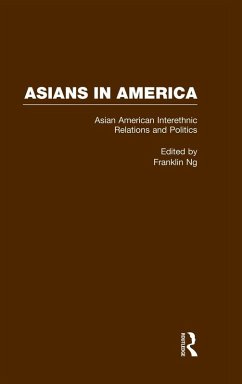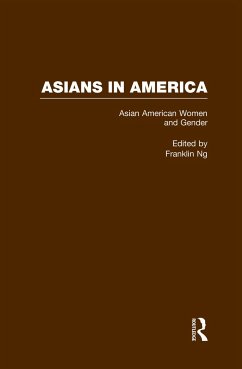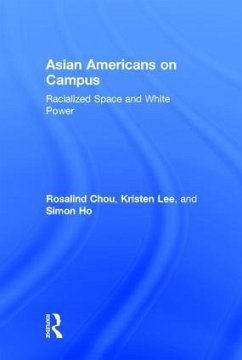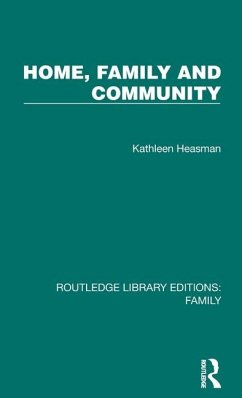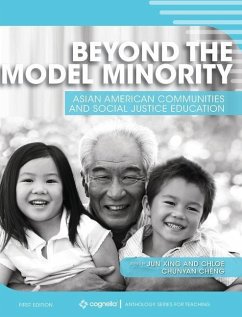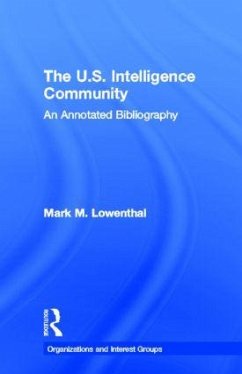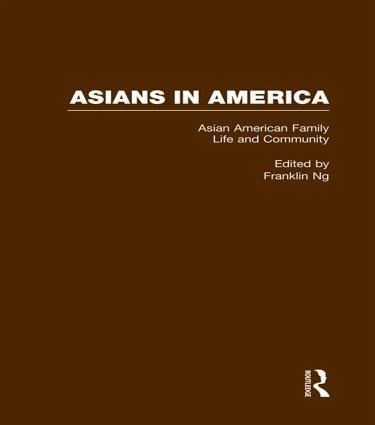
Asian American Family Life and Community
Versandkostenfrei!
Versandfertig in 1-2 Wochen
190,99 €
inkl. MwSt.
Weitere Ausgaben:

PAYBACK Punkte
95 °P sammeln!
Before World War II, family life in Asian American communities was greatly influenced by immigration policies and cultural practices. For some groups, such as the Chinese and the Filipinos, a dearth of females resulted in the appearance of bachelor societies. Among the Japanese, a healthy family society was maintained by the practice of sponsoring picture brides. The essays in this volume examine such issues as the role of the family, generational changes, and the significance of kinship, networks, newspapers, and credit associations in various Asian American groups.





